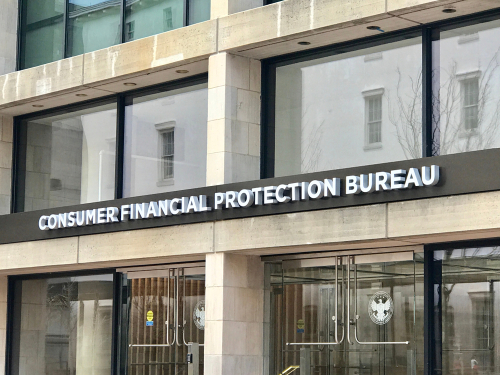The Consumer Financial Protection Bureau (CFPB) finalized a rule to establish a registry of corporate offenders that have broken consumer laws or are subject to government or court orders.

When a financial company violates the law, a government agency may take an enforcement action against them. However, these orders have not been comprehensively tracked. The CFPB’s new registry will facilitate better understanding of the firms that seek to restart a scam, fraudulent scheme, or other illegal conduct.
“Too often, financial firms treat penalties for illegal activity as the cost of doing business,” CFPB Director Rohit Chopra said. “The CFPB’s new rule will help law enforcement across the country detect and stop repeat offenders.”
The CFPB expects that the registry will be used by state attorneys general, state regulators, and a range as well as law enforcement agencies. It will also assist investors, creditors, business partners, and members of the public that are conducting due diligence or research on financial firms.
The final rule requires covered nonbank companies to register with the CFPB when they have been caught violating consumer law. It also directs them to provide an attestation from a senior executive that the company is not flouting orders. The final rule was made in response to public feedback.
The new registry is part of the CFPB’s focus on holding lawbreaking companies accountable and stopping corporate recidivism. To that end, the CFPB established a Repeat Offender Unit, which is responsible for designing and executing comprehensive oversight of supervised entities subject to CFPB law enforcement orders.
Nonbank financial companies have traditionally faced inconsistent oversight, making it more difficult for regulators to identify and address potential risks to consumers.
While the list of banks, credit unions, and many mortgage companies are known to regulators and the public, many other types of financial companies are not licensed or registered. This is the first-ever rule by the CFPB to utilize the authority to register nonbank entities.